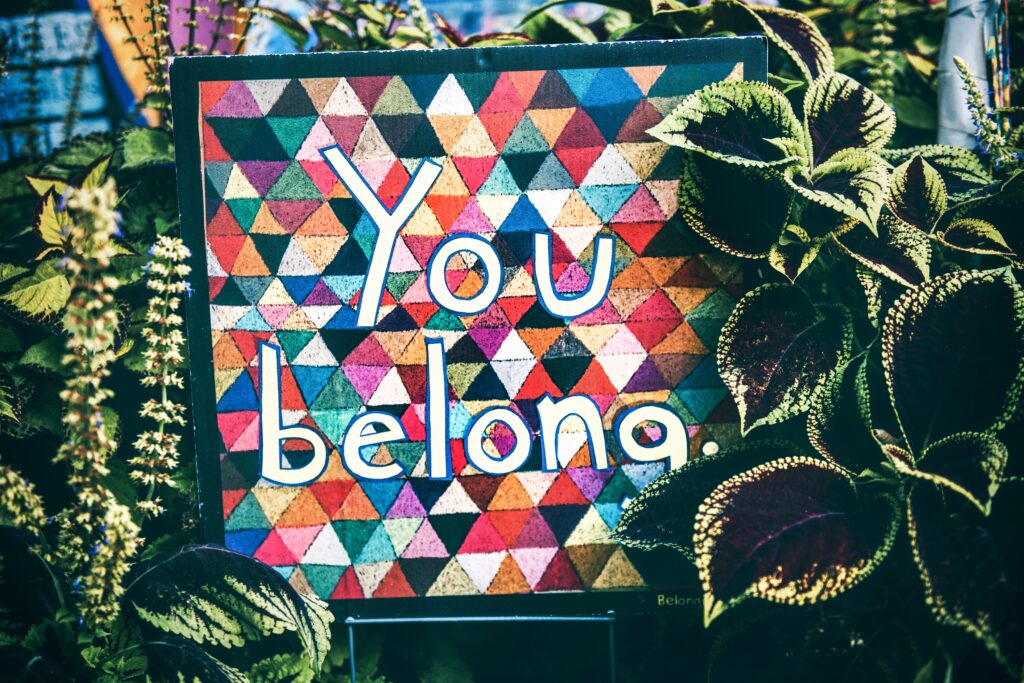It isn’t fair to be the kind of creature who is able to love but unable to stay.
Charlotte McConaghy, Migrations
One day, one of my comrades asked me, “Comrade what is your thought on Refugees?” I asked back, “In what terms are you asking for my thoughts?”
He replied, “I read a book and it is so depressing to see that they never ever have any place to call home forever.”
I thought for a little while and replied, “Comrade, this is exactly the life of a woman.”
For a minute, there was silence and he asked, “How?”
I went on to explain my lived experience.
“One day when I was talking to my mother about how I was yearning to go back to her place so that I could just relax and be myself by saying, “Ah… I am so happy to come back to my home”, my mother replied, “How’s it ‘your house?’ Now that you have married, this is not your house, your house now is your in-law’s house.”
The perception is that once a girl is married, the house in which she was born into and raised is not her place to claim anymore rather it’s her in-laws’ house but how can she let go of her place, so much so that our kula deivam (family god) also changes after marriage? Until her mother-in-law lives, the authority and ownership don’t shift and by the time it does, it is old age that hits.
After marriage I was shocked, heartbroken, and dejected. For the first time in my life, I felt homeless. We have seen many married couples even our parents and whenever they quarrelled, we have always seen the husbands saying to their wives, “If you are finding it that difficult and if you have so many issues with me, then why don’t you leave this house and move to your mother’s house?”
I am sure most of us would have heard this statement uttered by our fathers, grandfathers, father-in-law and our husbands. This is because of the patriarchy that has deeply seeped into our lives.
While I was sharing my thoughts and lived experience with the Comrade, I started to analyze deeply how lonely the women are in their lives. The house in which they are born is never their home and the house they get married into is always their husband’s until her death.
So, neither in birth, life nor in death does she gets a sense of belonging. She never belongs anywhere.

The irony of it all lies in the fact that women who are the torchbearers of patriarchy are the ones who self-sabotage their and their own tribe’s existence. Women in some way or the other continue to be staunch torch-bearers of patriarchy. Their situation is so saddening that they knowingly or unknowingly are deep down drowning in the empty glorification that men offer which is only to deepen the exploitation and slavery.
Yes, this is slavery. Unlike men, women as per Manu Smriti or in the common sense of people are always commodity that needs to be protected to transfer ownership at a later point in time in the marriage market. They are slaves who come with payment in the name of dowry which is for their basic maintenance during their tenure in the house of their master, i.e., their husband. How can a slave claim ownership? She will be questioned, by her husband or son or in-laws and even by their daughters.
We should look at the economical contribution of both immigrants and homemakers especially. As per the conclusion of the Joint Economic Committee by Congressman Don Beyer, Chairman, USA, immigrants are vital to the US economy. Immigrants in the US make up approximately 1 in 7 residents, and 1 in 6 workers and create about 1 in 4 new businesses.
As per the US Census Bureau, immigrants constitute 18% of the workforce in essential sector, 30% in the US food supply, 38% in health care and they own 22% of businesses in higher risk industries. As per an article in fwd.us, immigrants added $2 trillion to the US GDP in 2016. What is thought provoking is that even after contributing immensely, do they feel the land as their homeland? Whenever political climate changes first thing that comes to the populist mindset is the perception that migrants and refugees are the problems. The same goes for women also.
Now coming to the women and housewives in the Indian scenario, we need to remember the fact that thousands of girls still drop out of school, college and even if they finish college the degree is predominately utilized for seeking for a better groom rather let her be financially independent.
While women are treated worse than immigrants in our society, what we fail to understand is their worth both humanely and economically. As per the MOSPI report, women spend 5.8 hours a day in domestic work while men invest only 51.8 minutes a day. Also, women spend around 84% of their working hours in unpaid domestic work while men spend 80% of the same on paid work. Now let’s look into how paying homemakers can boost the economy of India and also contribute to their self-esteem. Unpaid domestic labour accounts for 13% of India’s GDP. 49% of the women contribute to the country’s GDP through housework but are never counted.
India’s female work participation rate was just 25% for 2021, according to Oxfam’s report. Suppose we start paying and valuing domestic work, and the women start filing taxes… i that case, women’s participation in the workforce will increase which will ultimately lead to an increase in the GDP of the country by about 30%.
The women of the house assume or are are being boasted as the ‘queen of the house’ but how many of them can without being “allowed”, do expenses for themselves at their will? Or allocate a budget for self-love? Or travel? Or vacation? Or community services? Or on the course that they want to study? Or choose their school or college? But a boy in the same family gets all he wants without even batting an eyelash. Many times all they need to do is to just “ask”. Whereas a girl or women has to literally fight a war.
But to fight each battle or each war, there needs to be a home ground. A man throughout his life has a steady home ground to live life in his comfort space without any insecurity of non-belonging. They always belong, they always own, and they always thrive without any iota of doubt about their home. It is always their home.
That is the reason why men are always non-hesitant to attack, fight, win, lose or just exist because they ‘belong’.

It is time to reclaim what is righteously ours, i.e., property, equality at home, workplace, financial independence, and equal representation based on gender ratio instead of settling for the handout 33%. We should own the properties of our ancestors, parents and partners. Hence financial independence is very important. We are on our own to exist, fight, dwell and die.
Until we re-claim what is ours, we women will continue to be glorious refugees for life.
About the author:
Kavitha Pandian

Kavitha Pandian is working in an IT company in USA as practice manager. She runs many initiatives including the Save Tamilnadu Farmer, Our Village Our Responsibility, Adopt a Village and extends financial support and scholarship to underprivileged children for education, betterment of rural life and has supported the people of Tamil Nadu during major natural disasters including Gaja and Covid. She has received many awards including ‘Women Achievers Award’by FeTNA, USA, in 2022. She also was felicitated by the District Collector, Virudhunagar during 75th Independence Day celebrations, 2022, for her work towards infrastructure.



